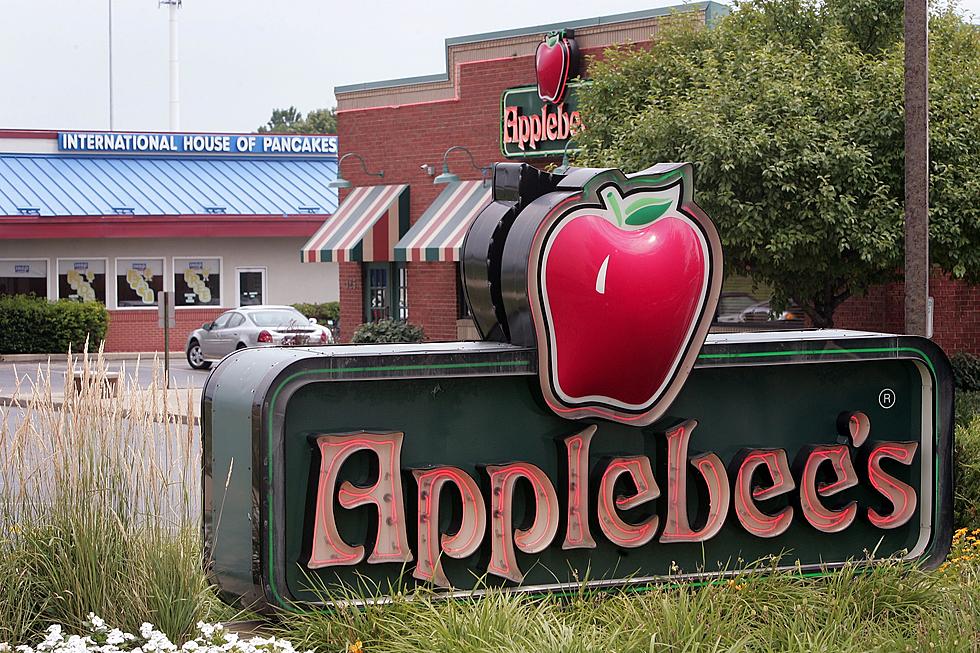![Should an Iowa Wells Fargo Worker Have Been Fired for a Minor 1963 Crime? [Poll]](http://townsquare.media/site/71/files/2012/08/148238883-630x417.jpg?w=980&q=75)
Should an Iowa Wells Fargo Worker Have Been Fired for a Minor 1963 Crime? [Poll]
Richard Eggers, 68, a Wells Fargo Home Mortgage employee was fired from his job as a customer service representative because of a minor crime he committed in a laundromat involving a fake dime back in 1963. It was almost 50 years ago that Eggers put a cardboard cutout of a dime in a washing machine.
Eggers was convicted of operating a coin-changing machine by false means and spent two days in jail in 1963. Eggers admits his crime, calling it a "stupid stunt,” but has a problem with being fired over it 50 years after the fact.
Eggers is not alone. Banks, especially big banks have been firing employees left and right since new federal banking employment guidelines were put into effect in 2011. The new guidelines were supposed to be geared at executives and mid-level bank employees that committed transactional crimes such as identity theft and money laundering.
Natasha Buchanan, an attorney in Southern California says, "Banks are afraid of the FDIC and the penalties they could face." Thousands of employees have been fired because of these new guidelines, according to Buchanan who is helping some of those people get their jobs back.
A few months back I gave the story of Yolanda Quesada who was fired from Wells Fargo because a 40-year-old shoplifting charge became known and Quesada was considered a model employee. The new rules forbid the employment of anyone convicted of a crime involving dishonesty, breach of trust or money laundering. Before the new rules, banks felt those rules could exclude anyone guilty of minor traffic offenses and misdemeanors.
There is a waiver process fired employees can go through to get their jobs back despite a past criminal conviction. The banks are simply doing what they are supposed to do, but some feel they are going way too far and using these criminal pasts to downsize and get rid of employees they no longer want for whatever reason.
[CBS News]
More From WKDQ-FM







![Should A 40-Year-Old Shoplifting Charge Cost You Your Job? [Poll]](http://townsquare.media/site/71/files/2012/05/Yolanda.jpg?w=980&q=75)

